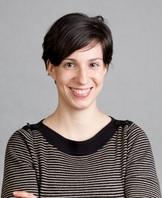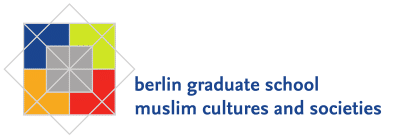Nina Zeldes

Assoziiertes Mitglied der Arbeitsstelle Medical Anthropology I Global Health
Health Researcher, Health Research Group, Public Citizen (Washington DC); Doctoral Research (compl. 2019): "'Stay Healthy!": Health Care and Health Insurance Expectations among German, Japanese and Indian Highly Skilled Migrants in the USA"
Abstract doctoral research project (compl. 2019)
"'Stay Healthy!": Health Care and Health Insurance Expectations among German, Japanese and Indian Highly Skilled Migrants in the USA"
The intelligibility of the healthcare system and biomedical treatment provided to persons migrating from one Western country to another are rarely – if ever – scrutinized; they are expected to be absorbed smoothly into the local healthcare system. My research aims to critically examine this assumption and to analyze in detail how categories like “immigrant” “migrant” or “expatriate” are assigned in the healthcare setting, to what degree these classifications are overlaid with notions about class and social background and how they impact treatment options and assimilation into the medical system of the host country.
I compare and contrast three groups of expatriates and their assimilation in US American medical care: German expatriates, who are coming from one Western industrial country to another; Japanese expatriates, who represent migrants from a non-Western but industrial country; and Indian expatriates, who come from the so-called ‘developing world’. Some of the questions being studied are: At what point does a patient from a foreign country become noticed with regard to a ‘special’ health culture? How long is a silent understanding of mainstream healthcare simply assumed, and when is that assumption broken? What are the decisive variables that transform a foreigner into a “biomedical equal” and are these variables different for those termed expatriates and immigrants in view of the hosts’ expectations? By addressing these questions my research is meant to offer some theoretical insights on the diffuse process and interwoven nature of social, cultural and class aspects in ascribing categories to a very heterogeneous group of foreign nationals within a healthcare setting.
PhD supervisor: Prof. Dr. Hansjörg Dilger




